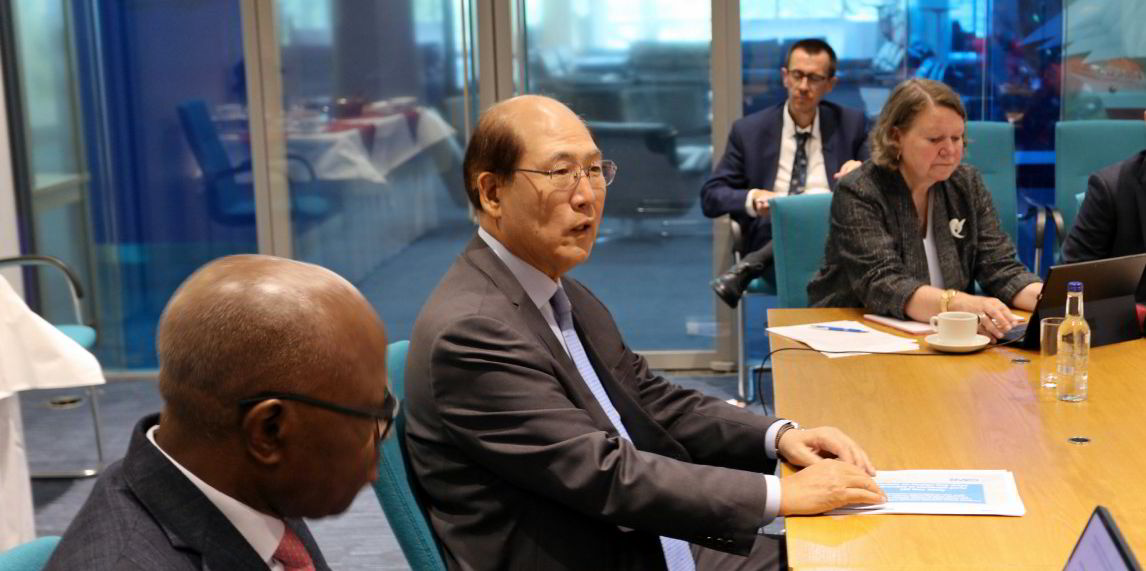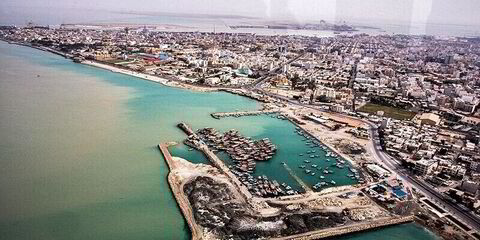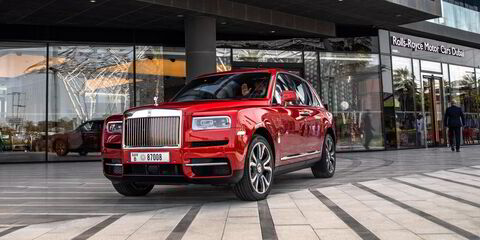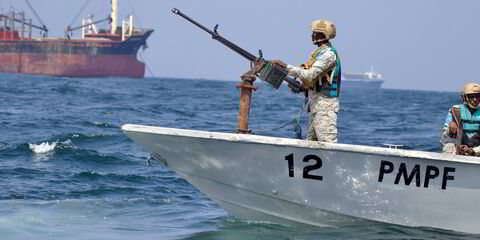As International Maritime Organization delegations roll up their sleeves for working group meetings to tackle greenhouse gas emissions, shipping industry leaders keen to see the United Nations body adopt a global carbon levy have a message for countries in the developing world that remain unconvinced.
Closing the price gap between cheap fossil fuels and costly low-carbon or zero carbon alternatives, the argument goes, is an enormous opportunity for the Global South, as developing countries in Latin America, Africa, Asia and Oceania are collectively known.
As TradeWinds reported on Tuesday, that was the central message of a white paper by two energy transition executives at trading giant Trafigura, which is a major charterer as well as a shipowner. Trafigura concluded that the Global South could produce more than enough electrofuels or e-fuels — hydrogen-based fuels produced from renewable energy — for shipping as long as a carbon levy is in place to push it forward.

The opportunity of green fuels production was also one of the key takeaways of a recent report by the International Chamber of Shipping, which represents shipowners at the IMO.
The message comes as the IMO is gearing up for a key July meeting in which the UN shipping regulator decides whether to adopt a zero or net zero target for 2050, with many delegations hoping for tougher interim targets in the decades before then.
And the organisation is scheduled to narrow down its options for midterm measures, which many IMO delegations hope will combine carbon levy with fuel standards to progressively ratchet down greenhouse gas content.
But as a majority of nations have voiced support for a zero or net zero emissions target and a carbon levy, some delegations in the Global South have remained reticent, for fear that such measures will hurt their economies while stronger economies take the lead.
Even nations that have been touting their potential to produce green hydrogen, such as Chile, have voiced opposition to tough targets. But they are also warming to it, as even the delegation from Santiago appeared to come off the “no” column in December to voice support for a net zero target.
‘Immense opportunities’
Margaux Moore, who heads Trafigura’s energy transition group and venture capital investments, said the Global South has an important role to play in backing carbon pricing at the IMO.
“Decarbonising shipping is going to be an immense opportunity for countries in the Global South to create new exports and eventually decarbonise their own industry,” she said in an interview.
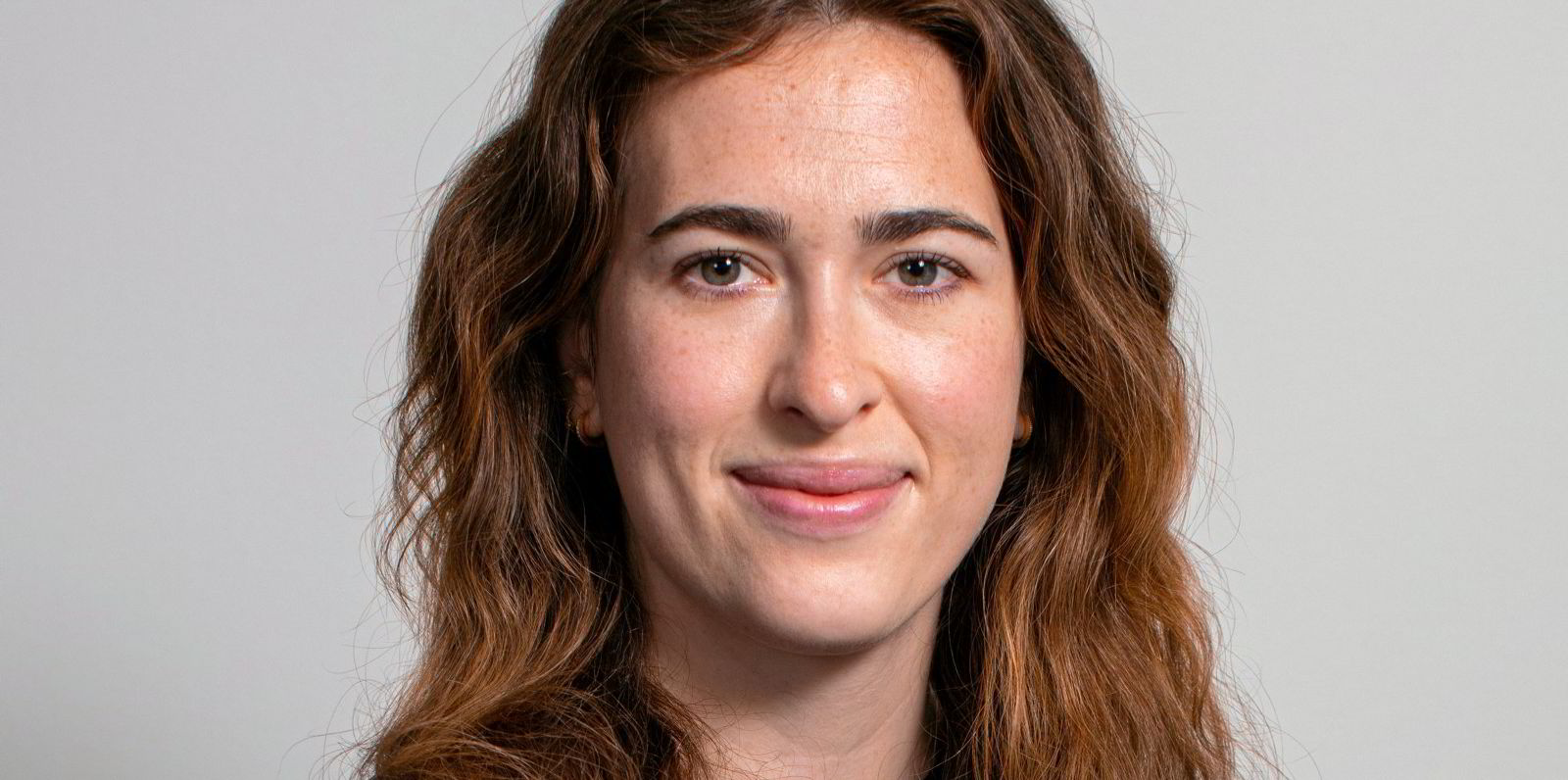
Trafigura found that Argentina, Brazil, Chile, Colombia, Egypt, India and Morocco — a list that includes zero-carbon detractors at the IMO — are among nations that could benefit by producing green hydrogen and other e-fuels derived from it, like ammonia and methanol.
And they could do it at prices that are more competitive than in Europe.
But Moore said it takes three to five years to build such a project, and that is one of the reasons why Trafigura wants a carbon levy adopted by 2025.
And if that seems like it is just around the corner for a UN agency that is not known for moving quickly, fuel decarbonisation head Rasmus Bach Nielsen said that target is realistic.
“We think it will happen, and also we think it has to happen,” he said in an interview.
Trafigura, which has been a leading voice on a carbon tax, also wants the IMO to adopt emissions accounting that cover the full life cycle of fuels, standards that ratchet down their carbon content and interim goals.
Green light for green fuels
Bach Nielsen said a target for zero-carbon fuels making up 5% of the mix by 2030 is not unrealistic because it would lead to a wave of final investment decisions for green fuel projects that are waiting for a demand signal.
“If you look across the globe with the various fuel projects that are already there today and then, with a firm demand indicator which the IMO could create through significant global carbon pricing, we believe production of and availability of these fuels is realistic,” he said.
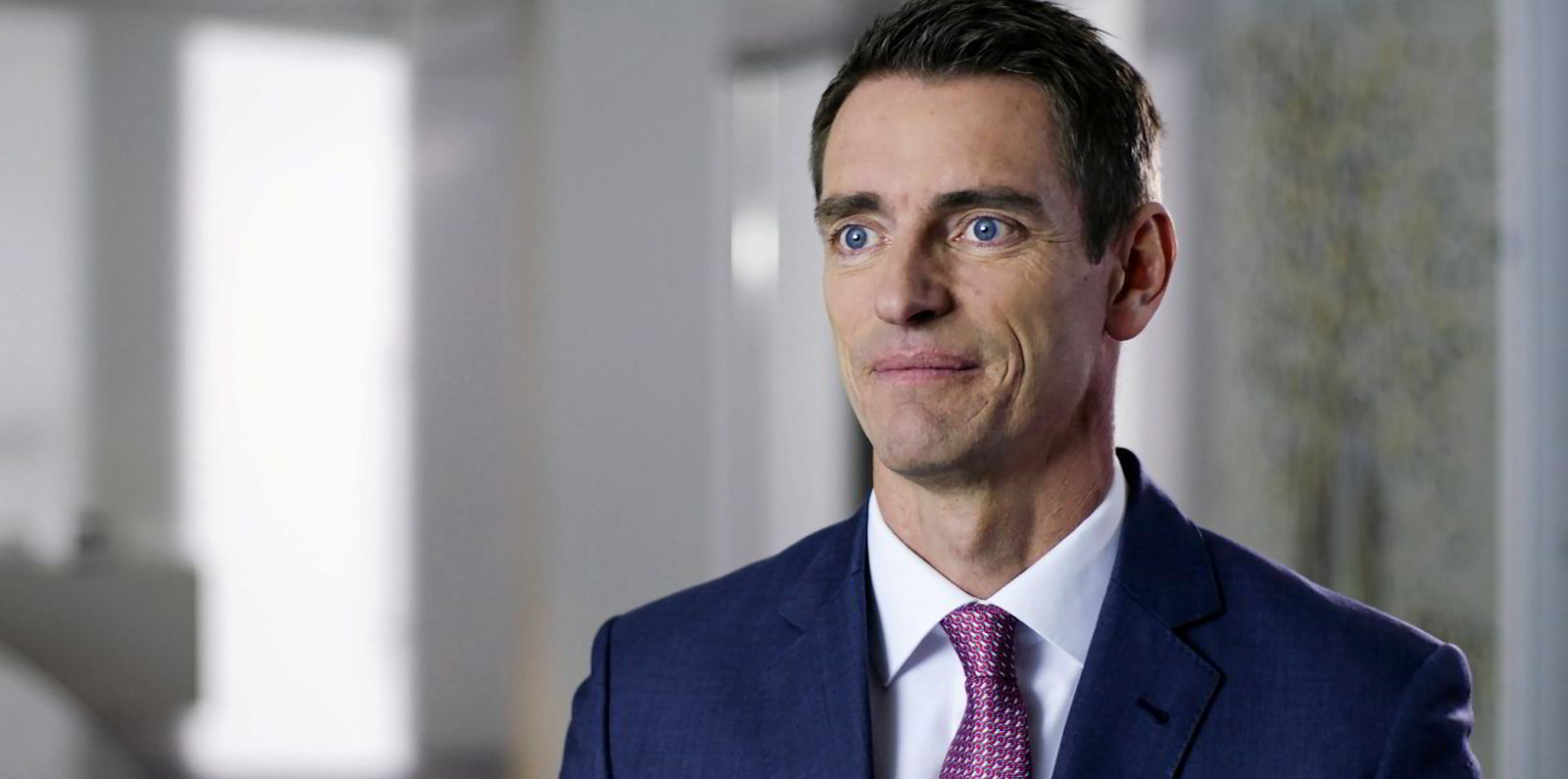
The ICS said shipping’s energy transition, which it described as the fourth propulsion revolution, as an opportunity for all stakeholders, including Global South nations that can produce e-fuels.
“Developing economies are well-placed to become fuel suppliers and exporters of (net) zero carbon fuels but must move quickly to gain early mover advantage and will need support from the international community for capacity building and access to finance,” the ICS said.
Lower costs
The industry group, which wants a price on carbon by 2024, said that shipping represents the most cost-effective means to trade net zero carbon fuels.
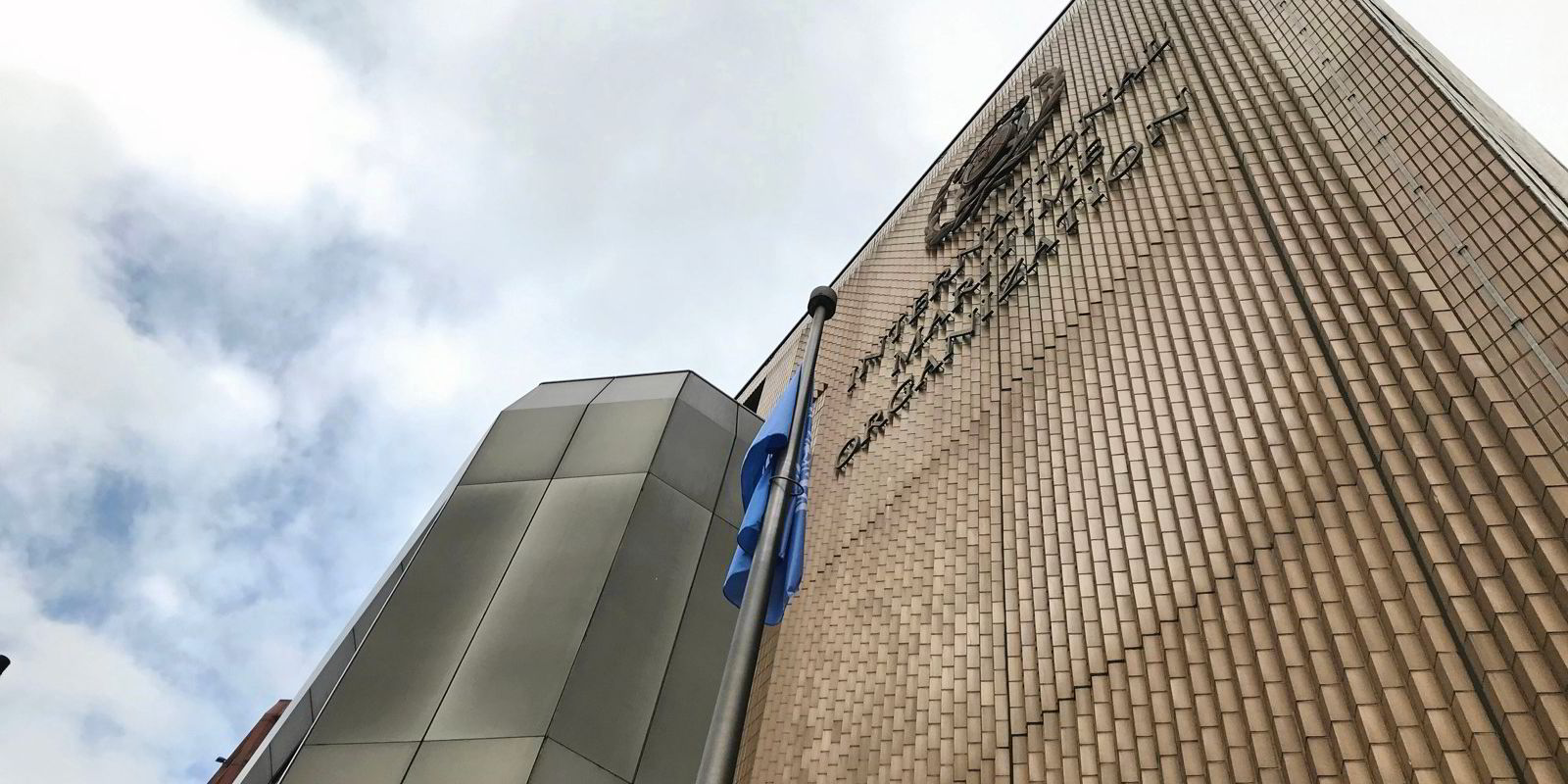
E-fuels: Also known as electrofuels, green e-fuels are made from renewable electricity. The synthetic fuels include green hydrogen, which is produced using electrolysis, and its derivatives such as green ammonia.
Global South: The term is often used to refer to developing countries in Latin America, Asia, Africa and Oceania. In its white paper, Trafigura defines it as “developing or industrialising countries and regions” below the so-called Brandt Line that generally follows the latitude of 30 degrees north but excludes developed countries in Oceania.
CO2 equivalent emissions: Emissions of all greenhouse gas emissions calculated based using the warming potential of carbon dioxide.
Regions in the developing world, such as Latin America and Africa, are expected to have at least a 20% lower cost of production because of the abundance of solar and wind in these regions.
But countries in the Global South will need assistance to build up renewable energy capacity.
Trafigura did not propose a specific levy level in its white paper, but it previously pitched a carbon tax of $250 to $300 per tonne of CO2-equivalent emissions.
ICS is proposing what it calls its “Fund and Reward” scheme at the IMO, which would include a carbon levy that it believes could be less than $40 per tonne of fuel, which equates to just $13 per tonne of CO2 equivalents, plus financial incentives to early adopters of green fuels. But the group said a levy of $150 per tonne of fuel, or $50 per tonne of fuel, would probably have no disproportionate impacts.
At the heart of both levy proposals is reducing the cost gap that makes green fuels so costly relative to petroleum-based fuels.
ICS deputy secretary general Simon Bennett said the group’s proposal is primarily focused on providing rewards to first movers and tackling that cost gap, while providing funding to developing countries for both green fuels production and infrastructure to deliver those fuels to ships.
“The successful transition will be primarily about giving a kick-start to the production and uptake of low and zero-greenhouse gas fuels so that we can reach a take off point as soon as possible,” he told Green Seas.
_________
‘Dark’ ship-to-ship transfers present daily risk in sanctioned tanker trades
After Moscow’s invasion of Ukraine more than a year ago, much attention has been paid to the risks associated with the shadow market of older vessels registered with lax shipping flags, and with unclear ownership and insurance, while carrying Russian energy exports in response to mounting sanctions.
But regulators are also grappling with the special risks of oil transfers at sea while carrying out “dark operations” like turning off AIS transponders or tampering with data to falsify a ship’s location, as TradeWinds and the Green Seas podcast reported.
And these manoeuvres are not new. STS transfers have been happening for years to get around sanctions against Iran and Venezuela, although more followed the February 2022 start of the war in Ukraine.
Click here to read the article.
This week’s episode will explore the diverse alternative fuel paths by liner operators. Subscribe to the podcast on Google Podcasts, Apple Podcasts, Stitcher, Pandora, Spotify or SoundCloud to get it on your mobile device.
_________
Dutch shut down offshore wind turbines to save birds in ‘international first’
Recharge reports that the Netherlands claimed an “international first” after shutting down North Sea offshore wind turbines to help migrating birds pass by safely.
Turbines at wind farms in Borssele and Egmond aan Zee were halted for four hours after specialist modelling predicted an influx of birds into the area.
The authorities said the procedure had been agreed in advance with project owners and grid operator TenneT, which had enough notice to stabilise the network.
_________
MSC backs project for ammonia dual-fuel container ship design
TradeWinds’ Ian Lewis reports that MSC Mediterranean Shipping Company has thrown its weight behind a project to design a dual-fuel container ship that can run on ammonia or conventional bunkers.
The leading liner outfit is teaming up with three partners to plot the design of an 8,200-teu dual-fuel vessel.
The aim is to give MSC the option of adopting ammonia as a zero-carbon main propulsion fuel for future newbuilding contracts.
